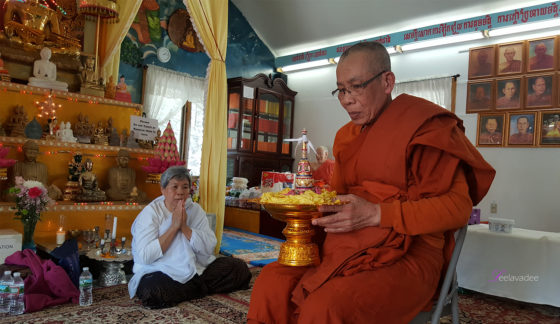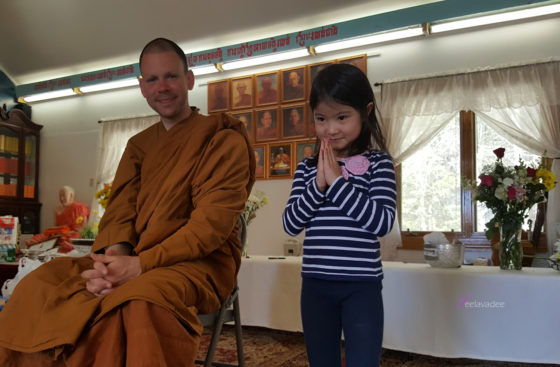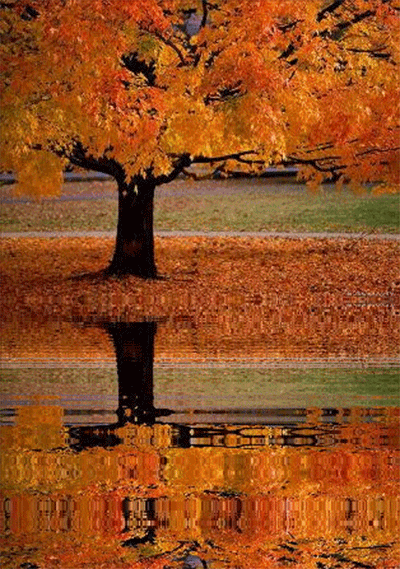What practical means have I developed
Meditators need to be contented with material supports and discontented with the spiritual virtues and accomplishments they have already attained. In daily life this is something that can be applied anywhere. For instance, you have to go to a meeting or you have a particular task to perform, and you ask yourself what are the kinds of unwholesome dhammas that tend to arise: ‘When I meet that person I always get so irritated, he’s so selfish or so conceited.’ This is your meditation. Your practice that day is, ‘How can I spend an hour with that person without getting irritated with him, feeling averse to him or contemptuous of him?’ But in the case where you do lose your temper or get upset with somebody, you ask, ‘What strategies do I have, what practical means have I developed or should be developing to deal with that? And in a particular situation that I’m going to find myself in today – with my family, friends, colleagues at work – what are the wholesome dhammas, the particular kinds of virtues that I can be working on: right speech, patience, kindness, compassion? Where should I be applying those qualities? How should I be applying them? And those qualities that I have developed, how can I take care of them, nurture them and lead them even further onwards?’ ~Ajahn Jayasaro


















